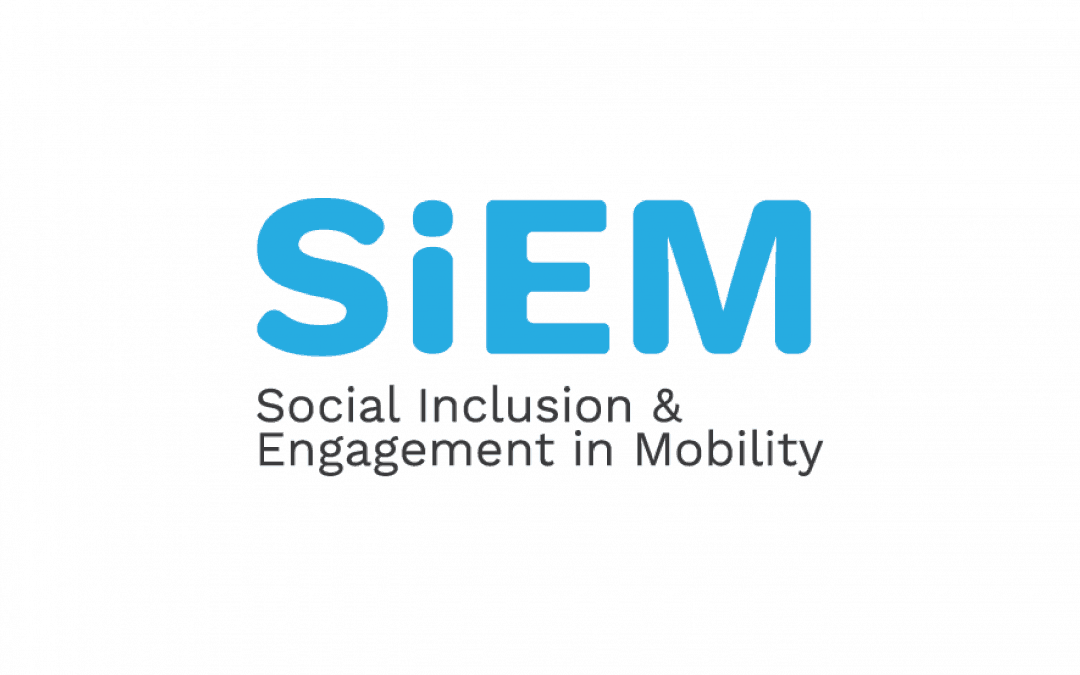The SIEM project aims to make the Erasmus+ programme more inclusive and to increase the interaction between international students and local communities.
Started: 2019
Funding: Erasmus+ Key Action 3
Project budget: 624.842 €
Length: 2 years
Partners: 10
The “Social Inclusion and Engagement in Mobility” (SIEM) project aims at increasing the opportunities and chances in life for young people from disadvantaged backgrounds by increasing their participation in the Erasmus+ programme. This is achieved by upscaling the research on participation in student mobility, student-lead and participatory processes to create a toolkit with guidelines and a workshop manual to increase social engagement between international students and students and young people with fewer opportunities in order to boost the social impact of the Erasmus+ programme.
The Erasmus Impact Study (2014) states that for more than 50% of non-mobile students, issues related to finances, personal relationships and lack of financial resources were a barriere to participate. Furthermore it is reported that for 40% of reported students this conflicts with work commitments. Students taking part in an Erasmus mobility are 23% less likely to be unemployed 5 years after graduation, as 93% of all employers value the soft skills gained by participants of mobility programmes.
In the first stage of the project, the project’s specific objective is to collect data from across the EHEA analysing the current state of representation of students from disadvantaged backgrounds in the Erasmus+ programme and the impact the Erasmus programme has had on these students.
In the second phase of the project, the project will analyse the findings, engage with students and youth from disadvantaged backgrounds in order to test the recommendations published in the report on Widening Participation by UUKi. We aim to reach out to students and youth from underrepresented backgrounds while using mobile students as multipliers in order to increase the knowledge on the opportunities for students to go on mobility, as well as increase the recognition of the benefits in soft skills and intercultural awareness gained through participating in the Erasmus+ programme. The project will follow up by creating guidelines for educational staff to ensure they have inclusive recruitment policies and practices to include students with a disadvantaged background to participate in student mobility.
Partners: Erasmus Student Network, Federation Erasmus Student Network Spain, International Exchange Erasmus Student Network, University of Latvia, Masaryk University, University of Vigo, Universities UK, Vrije University Brussels, Youth and European Social Work Forum, EUF

